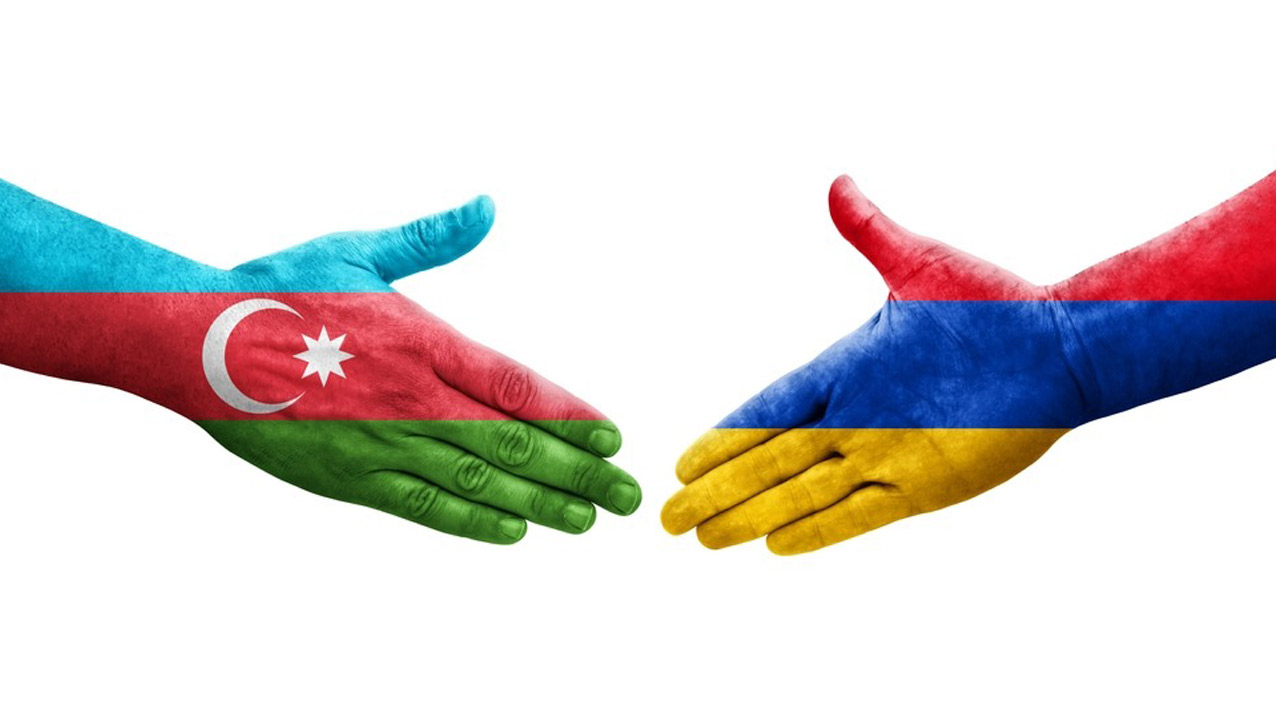The Nagorno-Karabakh conflict between Armenia and Azerbaijan has reignited tensions in the South Caucasus, drawing international attention due to its potential for broader regional instability. The long-disputed enclave, predominantly inhabited by ethnic Armenians but internationally recognised as part of Azerbaijan, has been a flashpoint for decades. The most recent fighting, which escalated in late 2023, marks a continuation of the unresolved hostilities that led to a devastating war in 2020. This renewed conflict has significant geopolitical implications, as key regional players—Russia and Turkey—have vested interests. Russia, traditionally seen as Armenia’s security guarantor, has faced criticism for its limited role in the latest escalation, possibly due to its preoccupation with the Ukraine conflict. Turkey, on the other hand, has strongly supported Azerbaijan, deepening its influence in the region and raising concerns about further militarisation of the conflict. International mediation efforts, led by entities such as the OSCE Minsk Group, have struggled to maintain ceasefires and broker lasting peace. The humanitarian toll is also mounting, with civilians on both sides caught in the crossfire, facing displacement and instability. At the heart of the conflict is a deep-rooted territorial dispute, but it also reflects broader regional power struggles. The South Caucasus, strategically located between Europe and Asia, has become a chessboard for competing interests, with energy corridors, security, and influence at stake. As fighting continues, the prospects for a sustainable peace seem distant, making this conflict a critical test for diplomacy and regional stability.
The outcome of the Nagorno-Karabakh conflict will not only shape the future of Armenia and Azerbaijan but also the geopolitical dynamics of the entire region.
Author: Ms. Hiya Sharma, student Geneva School of Diplomacy and International Relations
Disclaimer – The views and opinions expressed in the commentaries/blogs/articles are those of the authors and do not necessarily reflect the official policy or position of the Forum for Global Studies.

